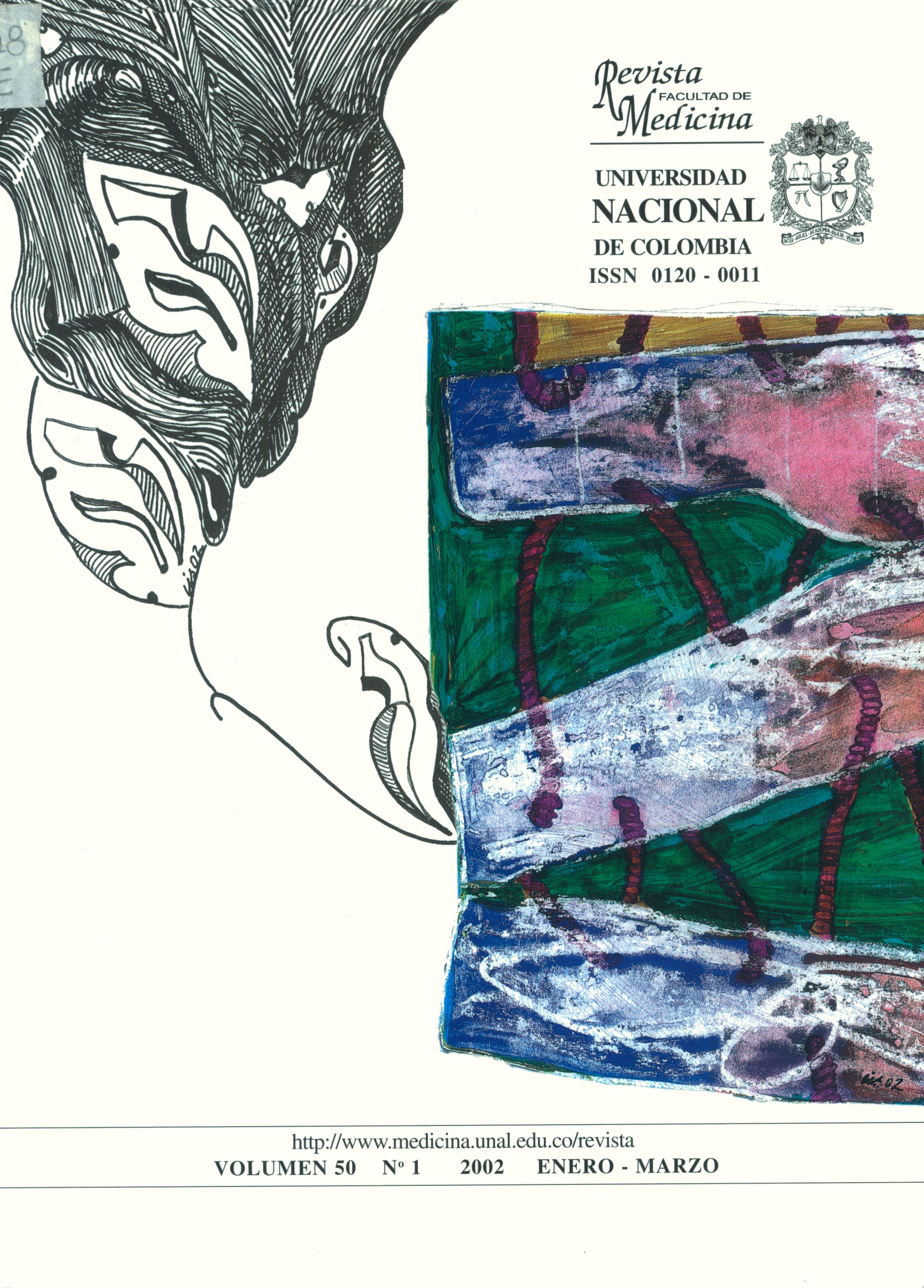Psicoanálisis y formacion psiquíatrica
Palabras clave:
psicoanalista, formación psiquiátrica (es)Descargas
Se presenta un modelo de intervención académica de un psicoanalista trabajando en una institución de formación psiquiátrica. Se distinguen los niveles de pre-grado y post-grado y las áreas de trabajo: Seminarios teóricos, supervisión clínica e investigación clínica, se detallan los objetivos y contenidos de estas áreas. Se define el papel de un psicoanalista en este contexto de la siguiente manera: el psicoanalista como maestro debe propiciar una formación psiquiátrica donde la responsabilidad este centrada en el alumno, donde éste sea el gestor más importante de su propia formación, con mayor protagonismo, compromiso, y auto-evaluación. La relación ética médico-paciente debe estar regulada por la consideración y el respeto por la integridad, individualidad, unicidad y derecho a la privacidad del paciente. El psiquiatra en formación debe incluir dentro del entrenamiento, el reconocimiento de sus propias emociones, distinguiéndolas de las del paciente y colocándolas al servicio de la comprensión de éste. Como objetivos generales y en el caso que nos ocupa, se puede decir que el papel del analista es estimular en su alumno un tipo de pensamiento multidimensional, donde deben considerarse tanto los factores externos como los internos, incluye también la aceptación de incertidumbres, indeterminaciones y fenómenos aleatorios. Esta modalidad de pensamiento debe ser capaz de discernir y distinguir pero sin romper las conexiones. Este tipo de pensamiento constituye el elemento primordial tanto de la crítica como de la creatividad.
Here is-presented the role of a psychoanalyst involved in an academic intervention model in a psychiatry university institution The Pre-graduate, post-graduate and working areas are: Theorical seminars, clinic supervision and investigation; objectives and contents of these areas are considered. The role of the psychoanalyst in this context is defined in the following manner: The psychoanalyst as a teacher should sponsor a psychiatric formation where the responsibility is centered in the student, so he becomes the most important director of his own formation, with greater protagonism, compromise and auto evaluation. The ethical relationship doctor-patient should be regulated by consideration and respect for the integrity, individuality, uniqueness and privacy of the patient The psychiatrist in formation should include within the training, the recognition of his own emotions, distinguishing them from those of the patient and putting them at the service of his understanding. As general objectives and in the present case, one could say that the role of the analyst is to stimulate in the student a multidimensional thinking, where external and internal factors should be considered; this also includes the uncertainties, indeterminations and a1eatory phenomena adaptation. This modality of thought should be capable of discern and distinguish without breaking connections. Such type of thinking constitutes the basic element of critilism and creativity.
Cómo citar
APA
ACM
ACS
ABNT
Chicago
Harvard
IEEE
MLA
Turabian
Vancouver
Descargar cita
Visitas a la página del resumen del artículo
Descargas
Licencia
-





















